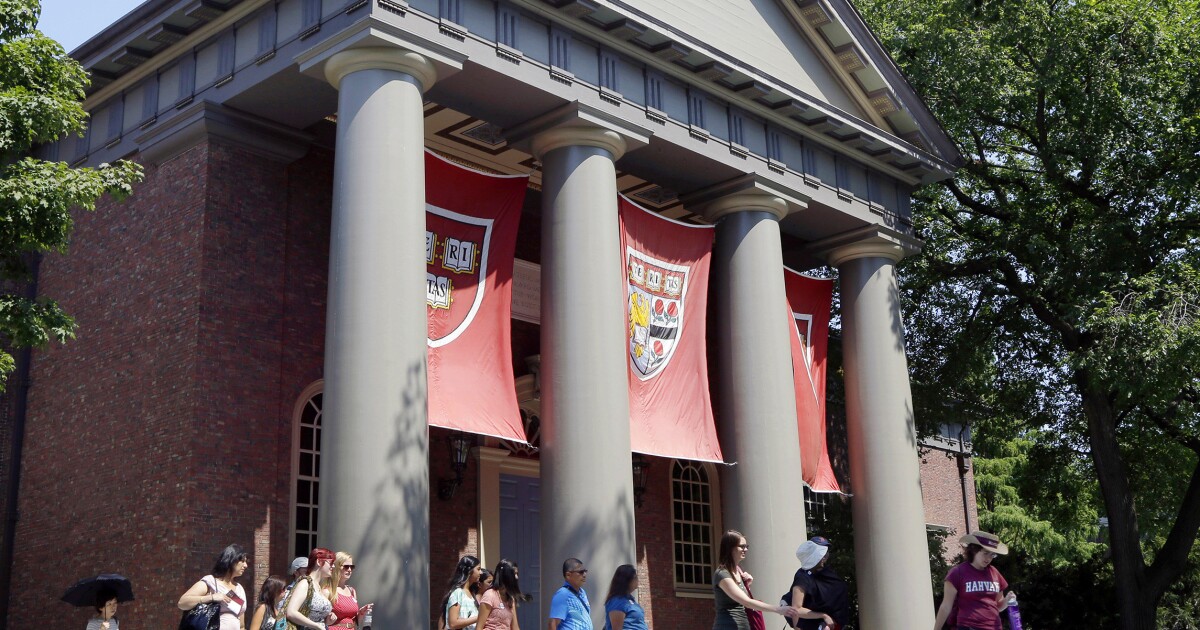

The Harvard Undergraduate Association has allocated $2,700 to cover meal costs for a group of students traveling to Washington, D.C., next week to protest at the Supreme Court in favor of affirmative action.
The Supreme Court is slated to hear oral arguments Monday in two cases challenging the constitutionality of affirmative action policies in admissions. In one of the cases, Students for Fair Admissions v. Harvard, the Ivy League institution was sued by a group of Asian students who claimed the university did not admit them on account of their race.
HOW COLLEGES COULD TOUT ‘DIVERSITY’ EVEN IF SUPREME COURT STRIKES DOWN AFFIRMATIVE ACTION
The student association funds were allocated to the Harvard Affirmative Action Coalition, a group of student leaders at Harvard who support affirmative action in college admissions. The group plans to transport 90 students to the nation’s capital for the protest and has received additional funding to cover its travel expenses from other sources, including the NAACP Legal Defense Fund, the Harvard Crimson reported.
The student association’s allocation to the coalition was the first to be made under a newly created grant program called “HUA Helps,” which the student newspaper reported set aside $6,000 for “hosting workshops, events, protests, and rallies.” The $2,700 in funds earmarked for meal expenses on the trip to the nation’s capital accounted for nearly half of the fund’s entire purse and was approved by a 14-1 vote.
The Harvard admissions case and its companion case, Students for Fair Admissions v. University of North Carolina, could prove to be landmark Supreme Court cases if the court rules against the institutions. Students for Fair Admissions has asked the Supreme Court to overrule its previous holding in Grutter v. Bollinger, which said that a university may consider race on a limited basis when considering admissions applications.
CLICK HERE TO READ MORE FROM THE WASHINGTON EXAMINER
Opponents of affirmative action say that the practice is racially discriminatory and discards academic merit. Proponents of the practice say it is necessary to achieve a racially diverse student body.






